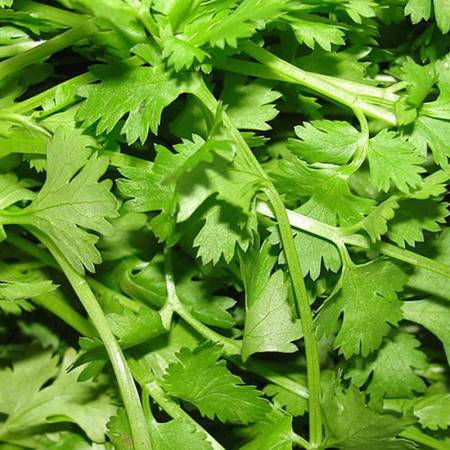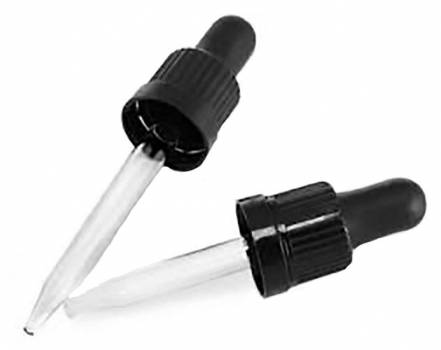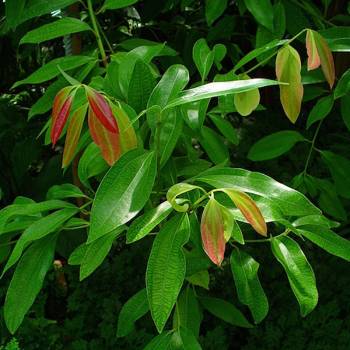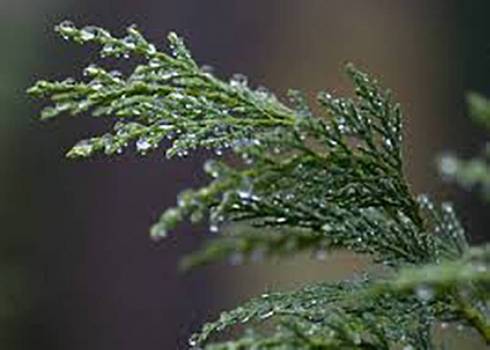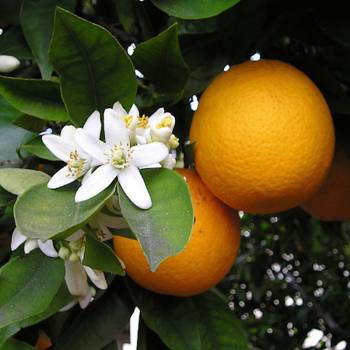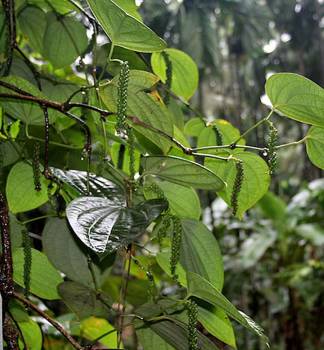Welcome Sign in
Product successfully added to your shopping cart
There are 0 items in your cart. There is 1 item in your cart.
Coriander Seed - Coriandrum sativum
Seeds of this herb were found in the tomb of Rameses II, which shows how highly the ancient Egyptians valued it. The essential oil has a sweet and woody-spicy aroma that stimulates the appetite and is mildly euphoric in action. Stimulating, strengthening and revitalizing.
New
Available
Data sheet
| County of Origin | Russia |
| Therapeutic Properties | Analgesic, anti-bacterial, anti-depressant, anti-fungal, anti-infectious, anti-inflammatory, anti-oxidant, anti-rheumatic, anti-septic, anti-spasmodic, aphrodisiac, carminative, deodorant, depurative, hypotensive, immune support |
| Botanical Family | Umbelliferae |
| Chemical Family | Monoterpenols |
| Approx. Shelf Life | 5 years |
| Plant Parts | Seeds, dried fruit |
| Note Classification | Top |
| Method of Extraction | Steam Distilled |
| Blends well with | Bergamot, Black pepper, Cinnamon, Citronella, Cypress, Galbanum, Ginger, Jasmine, Lemon, Neroli, Orange |
More info
History: Coriander has ancient references going back thousands of years. Coriander seeds were found in Ramses II's tomb in Egypt. Egyptians added the seeds to wine to increase its intoxication. In India, the seeds are used in curry and as a spice. The Chinese used it medicinally to break up phlegm, to stop bleeding and for hemorrhoids.
Characteristics: Coriander Essential Oil has a slightly sweet, spicy, herbaceous smell similar to that of Cilantro, offering a middle note with a medium aroma.
Clinical Studies:
Indications: Used for accumulation of fluids and toxins, arthritis, gout, muscular aches and pains, poor circulation, rheumatism, anorexia, colic, diarrhea, dyspepsia, flatulence, nausea, piles, spasm, colds, flu, infections, measles, migraine, nervous exhaustion. Used to improve digestion, relieve flatulence, tone the stomach, revive, energize, improve mental clarity and memory, relieve fatigue and pain.
Personality Profile:
Subtle Aromatherapy:
Mode of Administration: Aroma lamp, bath, compress, diffusor, douche, inhaler, light bulb ring, massage, mist spray, shampoo.
Safety: Nontoxic, non-irritant, but cross-sensitivity with fennel and anise oil. Dilute before use; for external use only. May cause skin irritation in some individuals; a skin test is recommended prior to use. Contact with eyes should be avoided.
